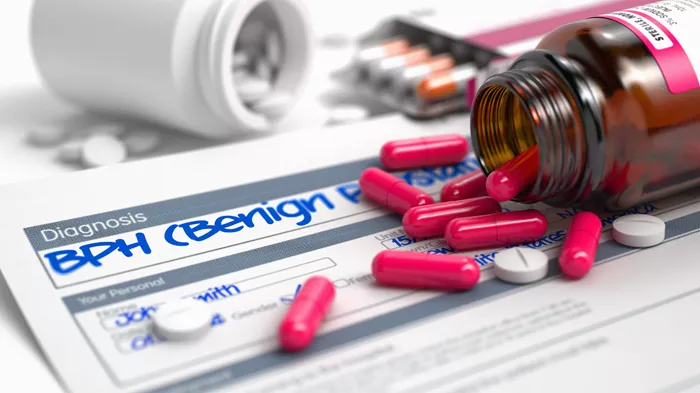Prostate problems are common in men, especially as they age. Whether it’s benign prostatic hyperplasia (BPH), prostatitis, or prostate cancer, these conditions can affect your quality of life. Fortunately, there are various treatments available to help manage and alleviate symptoms. In this guide, we’ll explore the top 7 treatments for prostate problems, ensuring that you have the information needed to make informed decisions about your health.
1. Medications
Medications are often the first line of defense against prostate issues, especially BPH. Alpha-blockers and 5-alpha reductase inhibitors are commonly prescribed to relax the prostate muscles and reduce the size of the prostate, respectively. These medications can significantly improve urinary flow and relieve symptoms like frequent urination or difficulty starting urination.
2. Lifestyle Changes
Incorporating healthy lifestyle changes can complement medical treatments and may help prevent the progression of prostate issues. Regular exercise, maintaining a healthy weight, and following a balanced diet rich in fruits, vegetables, and whole grains can reduce inflammation and improve overall prostate health. Reducing caffeine and alcohol intake can also be beneficial, as they can irritate the bladder and worsen symptoms.
3. Surgery
When medications and lifestyle changes are insufficient, surgery may be recommended. Surgical options like transurethral resection of the prostate (TURP) or laser therapy can remove excess tissue from the prostate to improve urine flow. These procedures are highly effective for men with severe BPH symptoms that do not respond to non-invasive treatments.
4. Prostate Massage Therapy
Prostate massage therapy has gained attention as a treatment for prostatitis, an inflammation of the prostate. This non-invasive therapy involves gentle massage to help reduce swelling, improve blood flow, and promote the removal of toxins from the prostate. It may provide symptom relief and improve overall prostate function.
5. Hormone Therapy
For prostate cancer, hormone therapy is a common treatment. This therapy works by reducing the levels of male hormones (androgens) that fuel the growth of cancer cells. It can be effective in shrinking tumors or slowing their growth, and may be used in combination with other treatments like surgery or radiation therapy.
6. Radiation Therapy
Radiation therapy is often used to treat prostate cancer and can be delivered externally or through internal radiation (brachytherapy). Radiation targets cancerous cells in the prostate to kill or damage them. Depending on the stage of cancer, this treatment may be used alone or in combination with other therapies.
7. Cryotherapy
Cryotherapy involves freezing prostate cancer cells to destroy them. It is typically used for early-stage prostate cancer or for patients who have had a recurrence after other treatments. The procedure is minimally invasive and can be done with local anesthesia. Cryotherapy has shown promise in treating localized prostate cancer with fewer side effects compared to traditional surgery.
Conclusion
Prostate problems can range from mild to severe, but with the right treatment, most men can manage their symptoms and live comfortably. From medications to surgery and advanced therapies like cryotherapy and hormone treatment, there are various ways to address prostate issues effectively. Always consult with a healthcare professional to determine the best treatment plan for your specific needs.
FAQs
1. What is the best treatment for BPH?
The best treatment for benign prostatic hyperplasia (BPH) depends on the severity of symptoms. For mild cases, lifestyle changes and medications like alpha-blockers can help. For more severe cases, surgery such as transurethral resection of the prostate (TURP) may be recommended.
2. Can prostate cancer be treated without surgery?
Yes, prostate cancer can often be treated without surgery, depending on the stage and aggressiveness of the cancer. Treatments like radiation therapy, hormone therapy, and cryotherapy are viable options for managing prostate cancer.
3. How can I prevent prostate problems?
While you cannot completely prevent prostate problems, you can reduce your risk by maintaining a healthy lifestyle. This includes regular exercise, a diet rich in fruits and vegetables, staying hydrated, and avoiding excessive alcohol and caffeine consumption. Regular check-ups with your doctor are also important for early detection.
Related topics:
- 6 Best Treatment For Benign Prostate Enlargement
- Top 6 Natural Treatments For Prostate Enlargement
- The 7 Best Homeopathic Treatments For Prostate Enlargement


